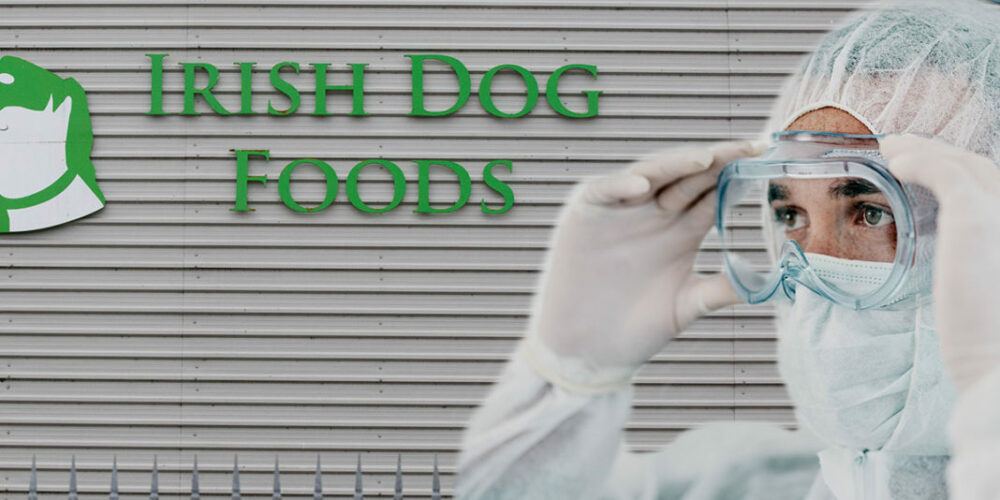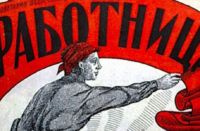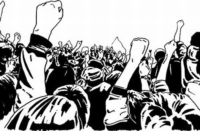War imagery and rhetoric abound in the media discourse surrounding covid-19, along with the resurgence of the post-“Celtic tiger” crash cry of “we’re all in this together”—all of which paints a picture of a country united and unified in action against the menace of the deadly virus.
It is true that covid-19 doesn’t discriminate against anyone, and no-one is safe from contracting the virus. However, some of us are decidedly more at risk than others regarding exposure and the consequent health outcome. The report Differences in Risk of Severe Outcomes from Covid-19 across Occupations in Ireland, published by the ESRI on 28 July, highlights these.
Not surprising to many, the report found that the working class are most at risk of contracting, and dying from, covid-19. Age and underlying health issues do have a role, but so has being obliged to continue to work in a factory or care home or bus when those in the professions continue to work from home. These workers have been at the front line of the covid-19 crisis, a front line that spans both health workers and other workers.
The report also shows that many of these essential jobs are insecure and poorly paid. While many essential workers do provide socially necessary and essential work, many others are deemed essential only in so far as they ensure profit to a capitalist somewhere. These are workers placed at risk needlessly and often without even basic protections.
The workers at most risk, such as meat-packers, retail workers, and Deliveroo drivers, tend to live in more socially deprived areas, and this in itself is an additional risk factor. According to a study by Public Health England earlier this year, workers have had a 30 per cent higher covid mortality rate in the most deprived areas when compared with cases in the least deprived—“deprived areas” just being another name for working-class communities that have been forgotten and intentionally unsupported and underfunded.
Though never explicitly stated, it is clear that it is a person’s class that places them at risk. With the specific health risk of covid-19, the danger is greater for essential workers, but higher health risks and poor outcomes are the depressing norm for workers in a capitalist country, those unemployed or working in the black and grey markets doubly so.
In all areas of health, rather than covid-specific, satisfactory outcomes are prevented by lack of access to immediate and appropriate health care. However, the benefit of quick access to health care can be undone by living conditions, such as overcrowded, poorly heated, insecure and unsanitary accommodation—the exact type of living environment that has quickly become acceptable and commonplace in our cities.
Poor nutritional diet also plays a major role in a person’s ability to fend off and fight disease. This is another growing problem for working-class communities, with deprived areas overlapping and becoming growing urban food deserts; access to fresh and non-processed foods is difficult and expensive. At present, low-income families in Ireland are spending up to a third of their income on basic food items, with 10 per cent at risk of food poverty.
While access to PPE and having the general population follow transmission-prevention guidelines are helpful, these can only ever be stopgap measures. To prevent future health crises and to survive this one we need to do more than just applaud essential workers. These workers deserve a fair and equitable wage, a single-tier health service, and a public housing programme that will ease overcrowding and provide adequate clean and safe living environments.
Workers deserve more than returning to a “normal” where it is normal to expect further exploitation for the benefit of the few.






